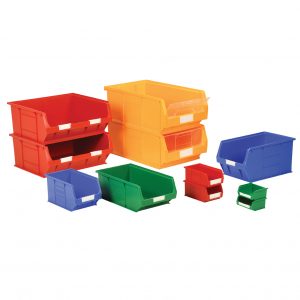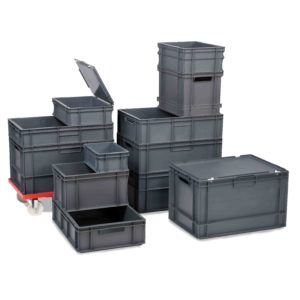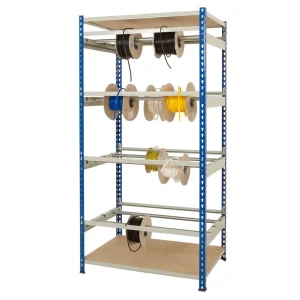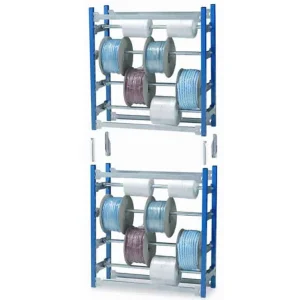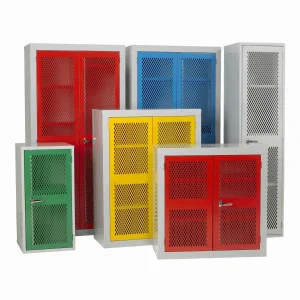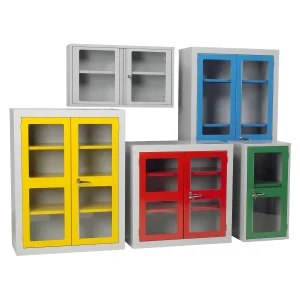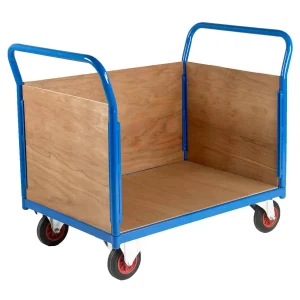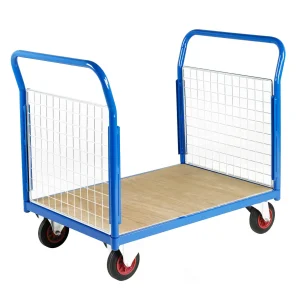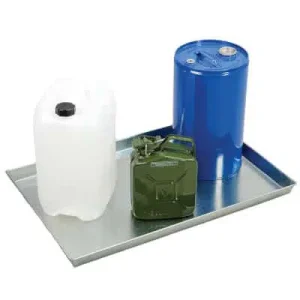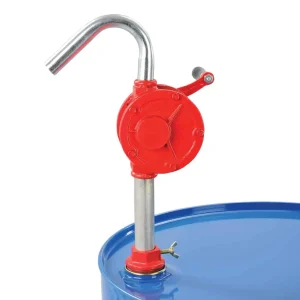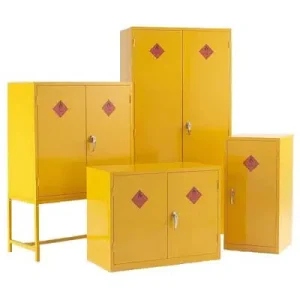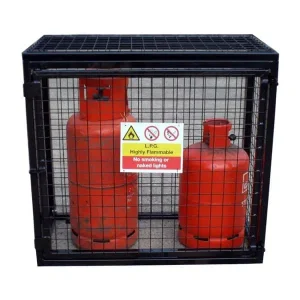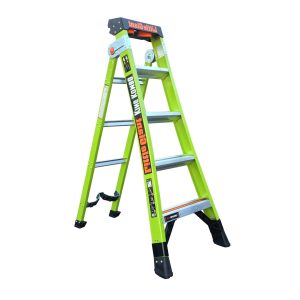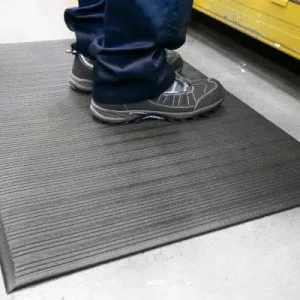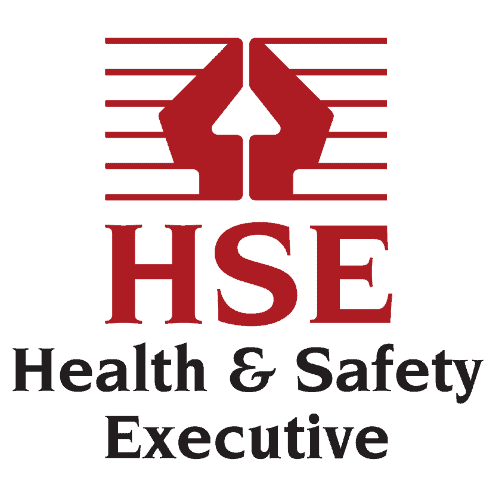
Many people ask ‘What does HSE mean? Well, HSE stands for the Health and Safety Executive, which is a government body that regulates and enforces workplace welfare standards. Since its formation in the 1970s, the HSE has been responsible for setting safety standards and investigating commercial or industrial accidents within the UK.
The primary goals of the HSE are to promote standards that improve safety, encourage new research and propose new standards as industries develop. All businesses need to be aware of the requirements set by the HSE, from the construction trade to office work, as it sets the legal standards that workplaces must adhere to for the proper welfare of their employees.
As a leading supplier of commercial and industrial products that meet a very high level of standard for safety, we are well-placed to provide useful information to help businesses keep within the requirements of the HSE. If you have a question about the safety standards of one of our products please feel free to contact us.
How to Keep Your Business Within HSE Requirements
Here we will share some helpful tips on establishing and maintaining standards within your business. We will then provide information on products that can boost safety in various settings.
The main thing to remember is that broadly-speaking there are different levels to health and safety standards, which relate to the nature of the industry. For example, the oil and gas industry has more stringent standards than office work.
Tips for being aware of and adhering to the standards set by the HSE in your industry include the following:
- Research the guidance: The HSE have extensive literature on their website for businesses, which will help guide companies in the right direction. This detailed advice contains industry-specific information on how to conduct risk assessments, insurance, first aid and your liabilities under the Health and Safety at Work Act. Read this as a starting point.
- Set standards to your industry: Each industry has different standards, so you need to research the regulations of your sector and refine your workplace practices accordingly. You can view specific industry standards on the HSE website for details on each sector, which you must then implement to comply with their regulations.
- Refine and improve: Better standards evolve all the time, and the safer a workplace is the more efficient it will be – so it is important to continuously improve standards where possible. The HSE has a range of video, audio and image resources in addition to books that are very useful and can highlight new or existing deficiencies in your safety practices.
The real key to workplace welfare is achieving a balance between awareness and implementation. Remember that relevancy matters too, there is no point researching and putting in place a standard that has little or no connection to your industry. Some safety protocols, such as fire or first aid, are relevant for all businesses.
For more information, the full text of the Health and Safety at Work etc. Act 1974, its full title, is available to view on the government’s legislation website here.
Examples of HSE Compliant Safety Products
We see a lot of clients from many sectors, including construction, manufacturing, industrial chemicals and scientific fields, looking for very specific products – and we are happy to find solutions for them.
Examples of products that we provide that enhance health and safety include the following:
Hazardous Storage Cabinets
Many industries make use of volatile substances every day, and this requires proper storage to make sure they are safe. Our Flammable Liquid Storage Cabinets are a good example of a product that helps businesses achieve this, with cleverly designed shelves that also act as spill trays within the cabinets.
These cabinets are HSG51 and DSEAR compliant, which are important standards set by the HSE for the storage of volatile liquids. They are ideal for garages and workshops, factories, laboratories, schools or educational settings and any other place where flammable liquids are in regular use.
Catering & Hygiene Shelving
One industry that gets a lot of attention with regards to health and safety is the food production and catering sector. Without conforming to the relevant standards there is a high risk of foodborne illness. The Eclipse Plastic Plus Polymer Shelving Racks are an example of a product that enhances welfare in this field.
These units have removable shelves, which can be either solid or vented, for easy cleaning. In addition, the shelves and frame are temperature resistant from -29° C to 88° C, which means they are suitable for walk-in freezers and will withstand extremely high temperatures during a deep cleaning.
Floor Safety
Almost every industrial or commercial setting will have a pace of use that means floor safety is essential. Slips, spillages or drops can cause death or serious injury in some cases – as well as damaging the floor itself. Our Anti-Slip Flat Sheets are a good example of a product that helps enhance general floor safety.
As a simple and low-cost option, available in black or high-visibility yellow, these sheets can fit many types of surface including wood decking. They are perfect for both wet and dry environments, which can greatly enhance safety all year round. The sheets are also useful for clearly marking out safe walkways.
Health and Safety at Work for More Effective Business
There is a legitimate business cost to not adhering to health and safety practices, not least because you may be liable for criminal and civil penalties in some cases. By focusing on welfare at work you can keep within the standards set by the HSE, and not worry about any problems arising from this independent regulator.
It is a good idea for companies to carry out safety consultations every year, just to ensure that you adhere to the current standards. Choosing HSE standard-compliant products, such as those we describe above, will help keep daily operations in your field as safe as possible. You can contact us if you have any questions about the safety of our products.
FAQs and useful information
The following are some commonly asked questions and further details about the HSE and the services we provide:
What is the purpose of HSE?
The Health and Safety Executive (HSE) exists to prevent illness, injury or death in the workplace. Since its formation in the 1970s the executive functions as a regulatory body across many industries in the UK. Previous organisations were in place before this, with many different bodies focusing on different areas – notably railways and mining. The need for health and safety became apparent during the industrial revolution when new industries were faced with new challenges to keep their workforces safe.
What sectors does the HSE regulate?
The HSE is responsible for regulating many sectors including agriculture, air travel, the armed forces, catering and hospitality, construction, chemical industries, professional underwater diving, dock work, education, engineering, entertainment and leisure, the fire service, food and drink industries, footwear and leather industries, the haulage industry, health services, gas supply and installation, laundry and dry-cleaning, mining, motor vehicle repair, office work, offshore oil and gas industries, paper and board manufacturing industries, pesticides production, the police forces, printing industries, public services, quarrying, recycling and waste management and the textiles industry.
Get in touch for information about our products.
